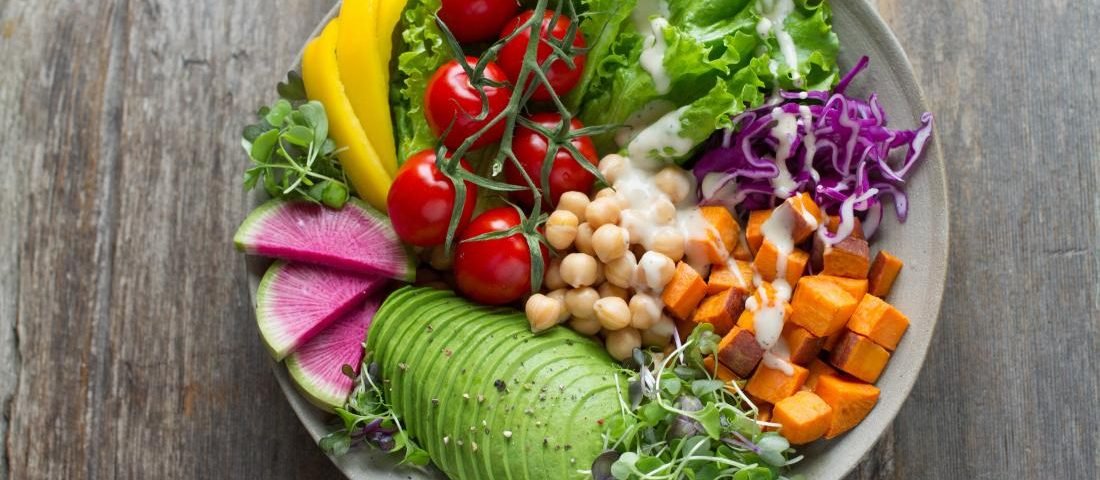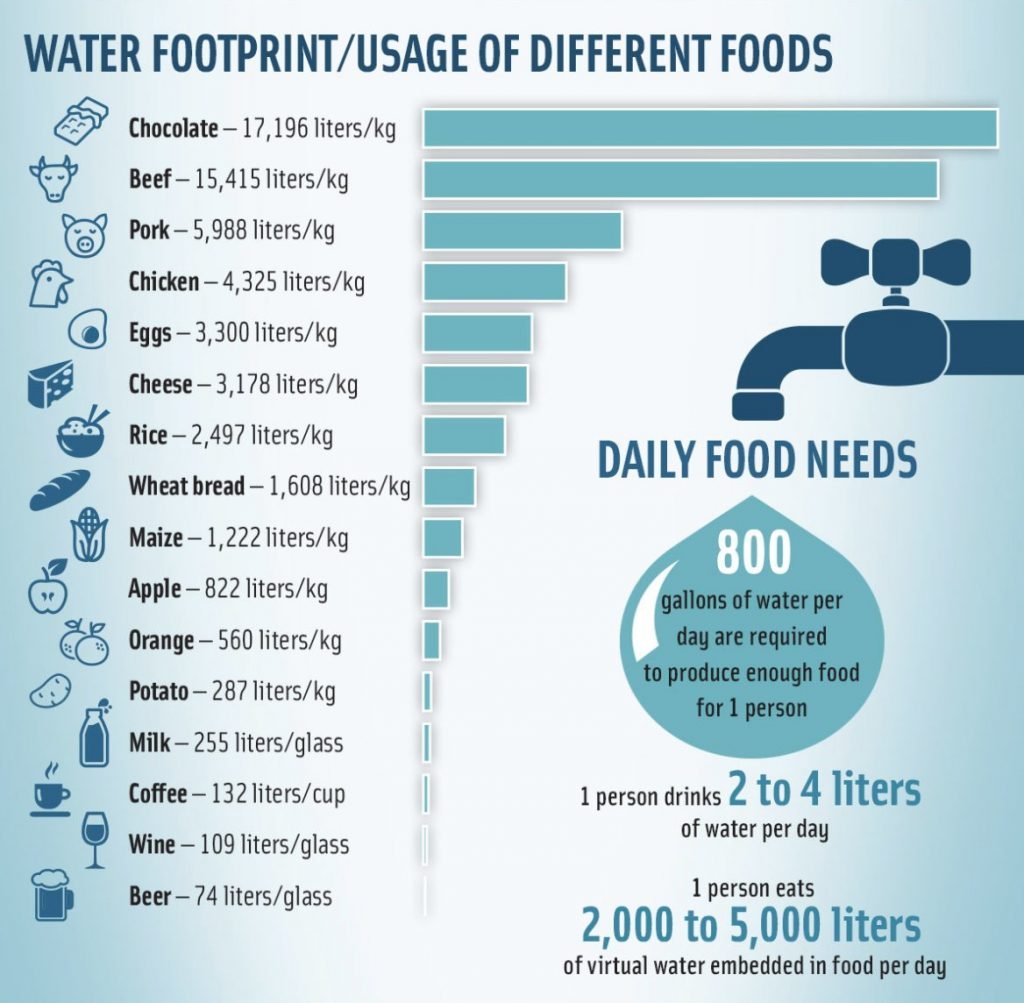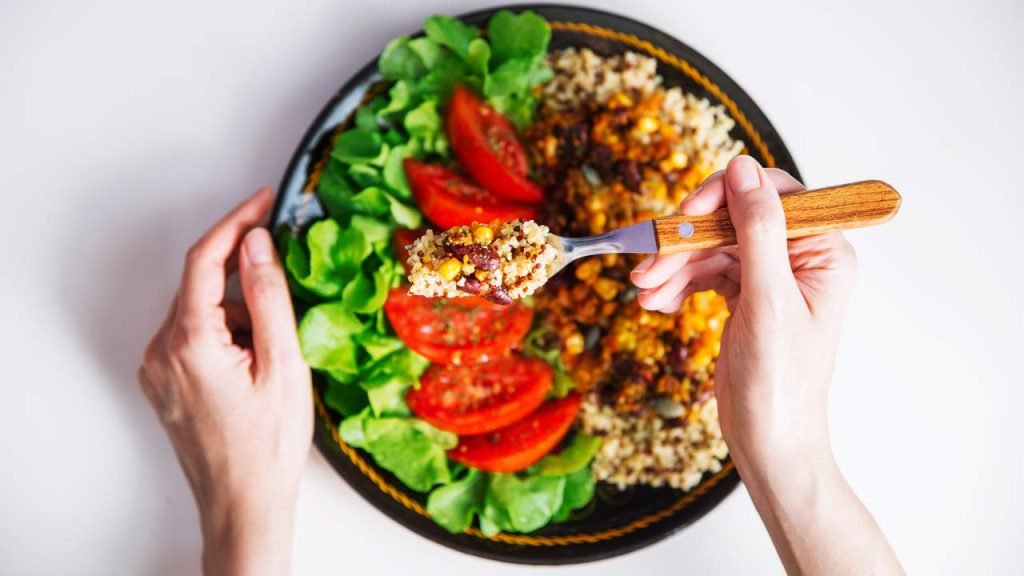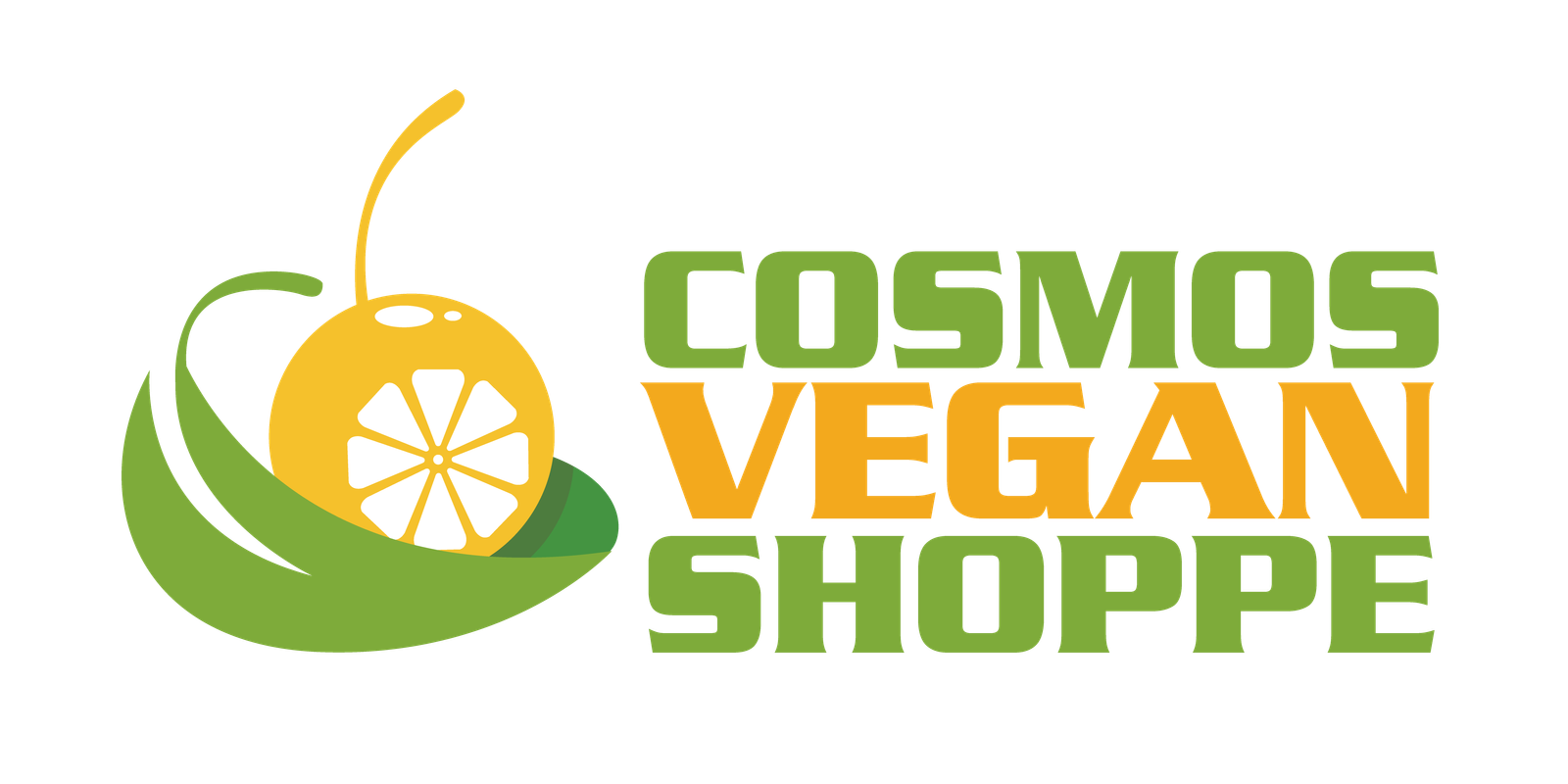
The last few years have been marked by several fringe movements being mainstream due to a variety of reasons. One such movement is the vegan movement which has gained a lot of followers in America and elsewhere. The endorsement by celebrities and influencers have greatly added to the greater acceptance of vegan as a movement. Some of the most popular celebrities who have endorsed veganism include Lewis Hamilton (F1 Champion), Paul McCartney (Beatles member) and Ariana Grande (Pop star).
Vegan Or Not – Fapping & Being Caught
Are you familiar with these a little awkward moments when you needed privacy and was caught fapping? Well, this is the newest fantasy of the Adult Time series named exactly that! At caughtfapping.net you are free to browse all the videos of the series and check out what happens when step family members catch each other doing the forbidden thing 🙂
While being vegan limits choice depending upon which kind of sub-movement one ascribes to, the most compelling argument for being vegan lies in the economic cost of consuming various animal-based products. To understand this, one has to understand the concept of entropy or ecological footprint. This concept basically talks about the amount of resources like water and energy required to produce various kinds of food products that we consume on a daily basis. To understand this, let us look at a few examples.

- 1 Kg of apple consumes about 822 litres of water
- 1 Kg of maize consumes about 1220 litres of water
- 1 Kg of sugar consumes about 1780 litres of water
- 1 Kg of wheat consumes about 1830 litres of water
- 1 Kg of soya consumes about 2145 litres of water
- 1 Kg of rice consumes about 2500 litres of water
- 1 Kg of cheese consumes about 3180 litres of water
- 1 Kg of chicken consumes about 4300 litres of water
- 1 Kg of goat consumes about 5500 litres of water
- 1 Kg of pork consumes about 6000 litres of water
- 1 Kg of sheep consumes about 10400 litres of water
- 1 Kg of beef consumes about 15400 litres of water
As you can see, the economics is skewed against meat in terms of the amount of resources required to produce 1 kg of meat. This gets further complicated when we consider the concept of feed because most of the factory settings for the large-scale production of meat include rigorous routines with a clear focus on greatest addition of physical mass in the shortest period of time to meet Wall Street expectations. This also puts a lot of stress on the feed value chain as most animal feed is derived from soya for their high protein content. This means that significant forests are being cleared in poorly regulated settings such as war-torn parts of the world to ensure that adequate amount of soya is procured at the least cost to feed the ever-increasing factories that produce a majority of the world’s meat. This puts rain forest under pressure in countries like Brazil and Indonesia.

It is easy to see that the world’s appetite for meat is putting us in a downward spiral where the resources required to satiate this need is putting a serious question on how long and whether this can be sustained. This is a one-way path where beyond a point, the ecology around us might break. To give an example, the average size of fish being caught has been reducing over the last decade to a point where fish are getting caught indiscriminately. If fish are caught before they reach breeding age, then there may be no fish to breed and the whole ecosystem can collapse to a point of no return.
Whichever way you look at it, moving from a meat-based diet to a vegan diet will go a long way to building a sustainable future for all of us. This makes economic sense, ecologic sense and may be the best gift that we can give ourselves from an ethical standpoint as well.


